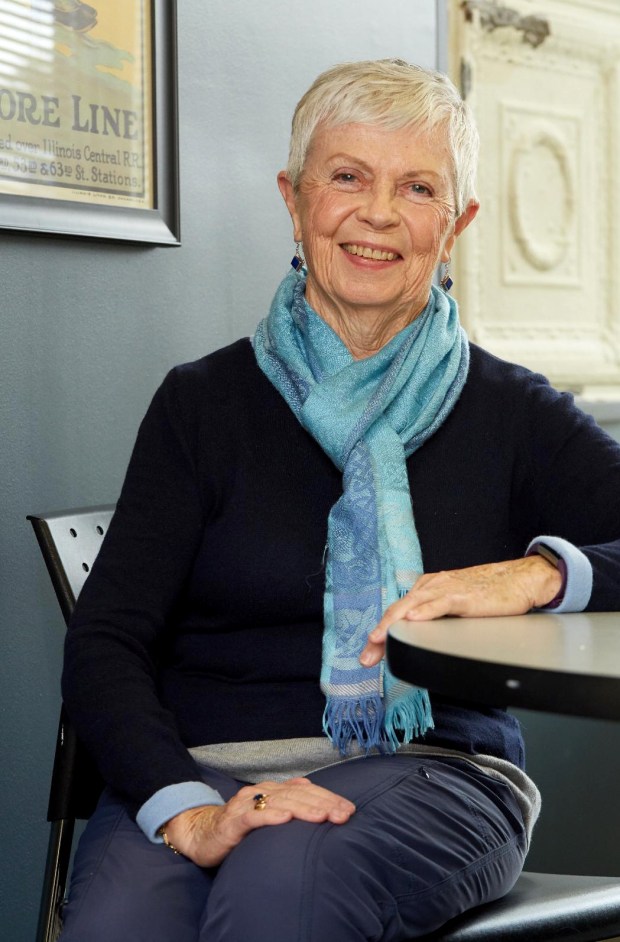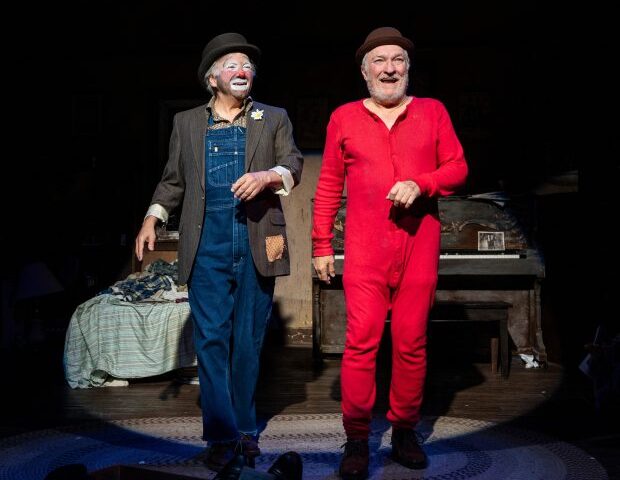Fran Sullivan was a community activist in Oak Park who served on Triton College’s board in the 1970s and made history when she and a friend challenged a Democratic machine slate to become delegates to the 1972 Democratic National Convention.
Sullivan, 89, died of complications from pancreatic cancer on Jan. 16 at her Oak Park home, said her daughter, K.T. Sullivan.
Born Frances Gannon, Sullivan grew up in tiny Mingo, Iowa, and graduated from St. Joseph Academy, a boarding school in Des Moines. She received a bachelor’s degree in home economics in 1958 from the now-shuttered Marycrest College in Davenport, Iowa.
Sullivan moved to the Chicago area and worked as a waitress and then as an editorial assistant for Work newspaper, a lay Catholic publication, where she met her future husband, Monroe Sullivan, her daughter said. After moving to Oak Park, the couple both became involved in local politics.
At the 1972 Democratic convention, Sullivan and a longtime friend, Marilyn “D” Clancy, were part of a group supporting presidential candidate George McGovern that was seated as the state’s delegation by the the party’s credentials committee over the elected delegation controlled by Mayor Richard J. Daley. Sullivan and Clancy had argued that the elected delegation did not give women sufficient representation.
“She and I ran to be delegates to the 1972 Democratic National Convention and we lost, but the Democratic Party had written a lot of rules after 1968, so we challenged our nonelection, saying the party had done everything wrong,” Clancy recalled. “Ultimately we had to be seated by the whole convention.”
In 1976, Sulliivan won a seat on the board of Triton Community College in River Grove. Before long, she established herself as one willing to call out other leaders of the college for what she alleged was patronage in staff hiring.
“You’re part of the problem if you don’t speak up,” Sullivan told the Tribune in 1979.
Sullivan also volunteered during Clancy’s failed bid for Congress in 1976, when she ran against Henry Hyde.
“Fran was just an amazing, amazing (part) of my campaign,” Clancy said.
In the mid-1980s, Sullivan was an outspoken supporter of a ban on handguns that Oak Park officials had approved in 1984, serving as a member of the Oak Park Citizens Committee for Handgun Control. In February 1985, Sullivan predicted that a pro-handgun group would not prevail in an advisory referendum on a proposal to repeal the ban.
Sullivan’s instincts proved correct, as Oak Park voters in November 1985 were largely in favor of the advisory referendum question.
In the early 1980s, Sullivan was part of the creation of Chicago’s now-closed Peace Museum, along with Marjorie Craig Benton. She also served for a time on the board of Family Service and Mental Health of Oak Park and River Forest, which now is known as Thrive Counseling Center.
Sullivan also was active with St. Catherine of Siena-St. Lucy Catholic Church in Oak Park.
“I truly believe that our Catholic education gave us all our social justice values — about what you were supposed to do in this world, and she took that very seriously,” Clancy said. “Her view of a perfect world was one that was peaceful, one that educated children and one in which violence was diminished incredibly. I also think she was guided and inspired by all those civil rights leaders — what motivated her was Martin Luther King and getting to hear leaders speaking.”
Sullivan’s husband of 49 years died in 2008. In addition to her daughter, Sullivan is survived by three sons, John, Monroe and Patrick; eight grandchildren; three great-grandchildren; and a companion, Adam Santoro. Sullivan’s daughter-in-law, Vicki Scaman, is Oak Park’s village president.
A service was held.
Bob Goldsborough is a freelance reporter.





